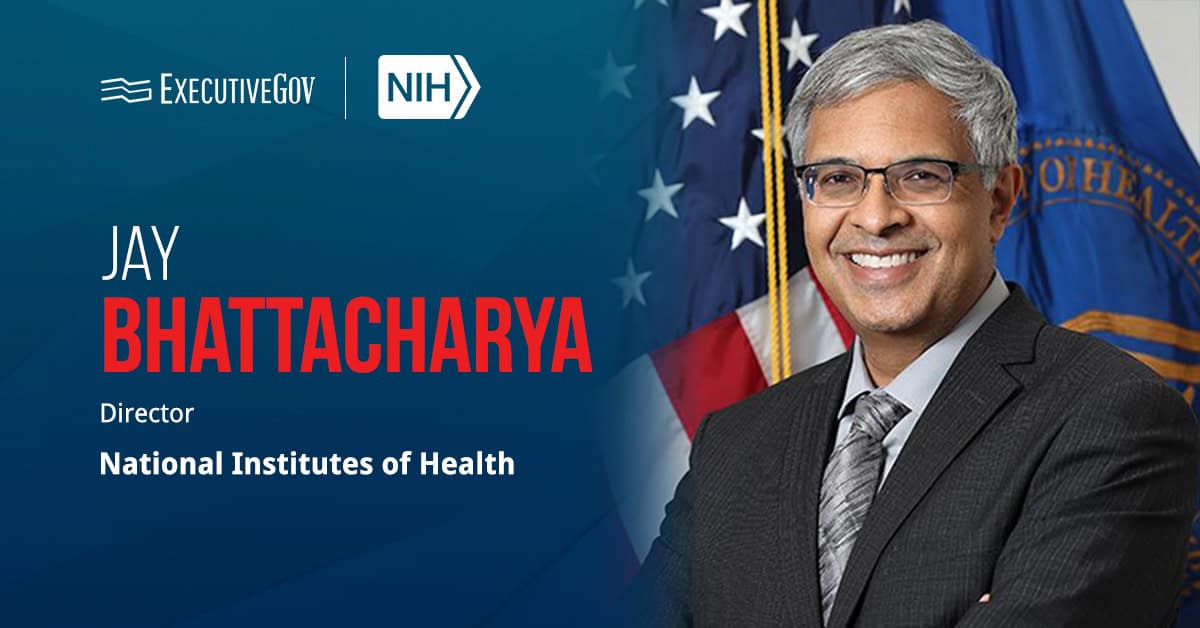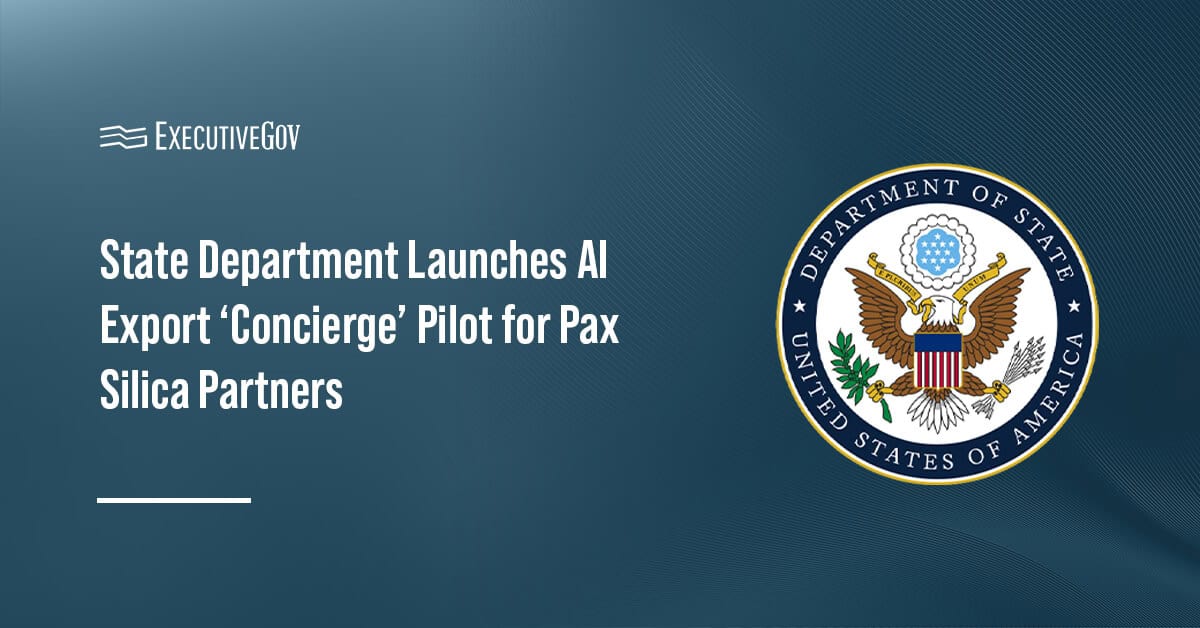Mona Harrington, executive director of the Election Assistance Commission, will join the Cybersecurity and Infrastructure Security Agency’s National Risk Management Center to serve as deputy assistant director, Politico reported Monday.
Harrington will help the center oversee election security, as well as associated critical infrastructure and 5G networks, in her new role. NRMC hosts CISA’s team assigned to protect election activities.
She was appointed to become EAC’s full-time executive director in June 2020 after assuming the role on an acting basis. The incoming CISA executive oversaw election security, COVID-19 response, workforce growth and fund distribution efforts during her time at EAC.





